After first criticality in 1977, Joyo recorded approximately 71,000 hours of operation in its mission to demonstrate basic and fundamental fast-reactor (FR) technology, perform irradiation tests on nuclear fuel and construction materials, and verify advanced technology for future reactors. Its operation, however, has been suspended since May 2007 due to an incident at a test facility.
In 2017, in the wake of the massive earthquake of March 2011, an application was filed with the NRA to make a safety examination of Joyo to comply with new regulatory standards. In July 2023, after six years of examination, the NRA granted permission to update the reactor installation.
Toward the development of FRs, according to the strategic road map for that end as issued by the Japanese government in December 2018 and revised in December 2022, the role of Joyo after it resumes operation will be to narrow down and prioritize essential technology for designing demonstration reactors and producing rare medical radioisotopes on a large scale to facilitate advanced cancer treatments.
In 2022, the Japan Atomic Energy Commission (JAEC) issued an action plan to promote the production and use of medical radioisotopes. It states the aim of demonstrating the production of Ac-225 (a medical radioisotope) using Joyo by 2026, including R&D toward mass production, in order to develop fields related to radioisotopes—especially nuclear medicine—as a national strength.
Treatments using Ac-225—which involve irradiation by alpha particles from inside a tumor—are seen as highly effective. They are also advantageous in that they require no shielding, allowing the relaxation of restrictions on entry into the hospital room.
On the other hand, Ac-225 is in short supply globally because it has a half-life of only ten days. As there are currently no high-energy neutron irradiation facilities, the global trend is to produce neutrons using accelerators.
Only the United States, Germany, and Russia are able to supply Ac-225 at present. In particular, the substance is produced and supplied in the United States using a large cyclotron (100MeV), under strong support from the U.S. Department of Energy (DOE).
In those circumstances, the production of Ac-225 in copious quantities at the nuclear reactor Joyo is viewed as promising, both domestically and internationally. For supply stability and pharmaceutical production, however, there are the issues of securing sufficient fuel to meet medical needs, obtaining cooperation with manufacturers, and establishing a mass-production system.
JAEA plans to resume operation of Joyo in mid-2026 after work to comply with the new regulatory standards.




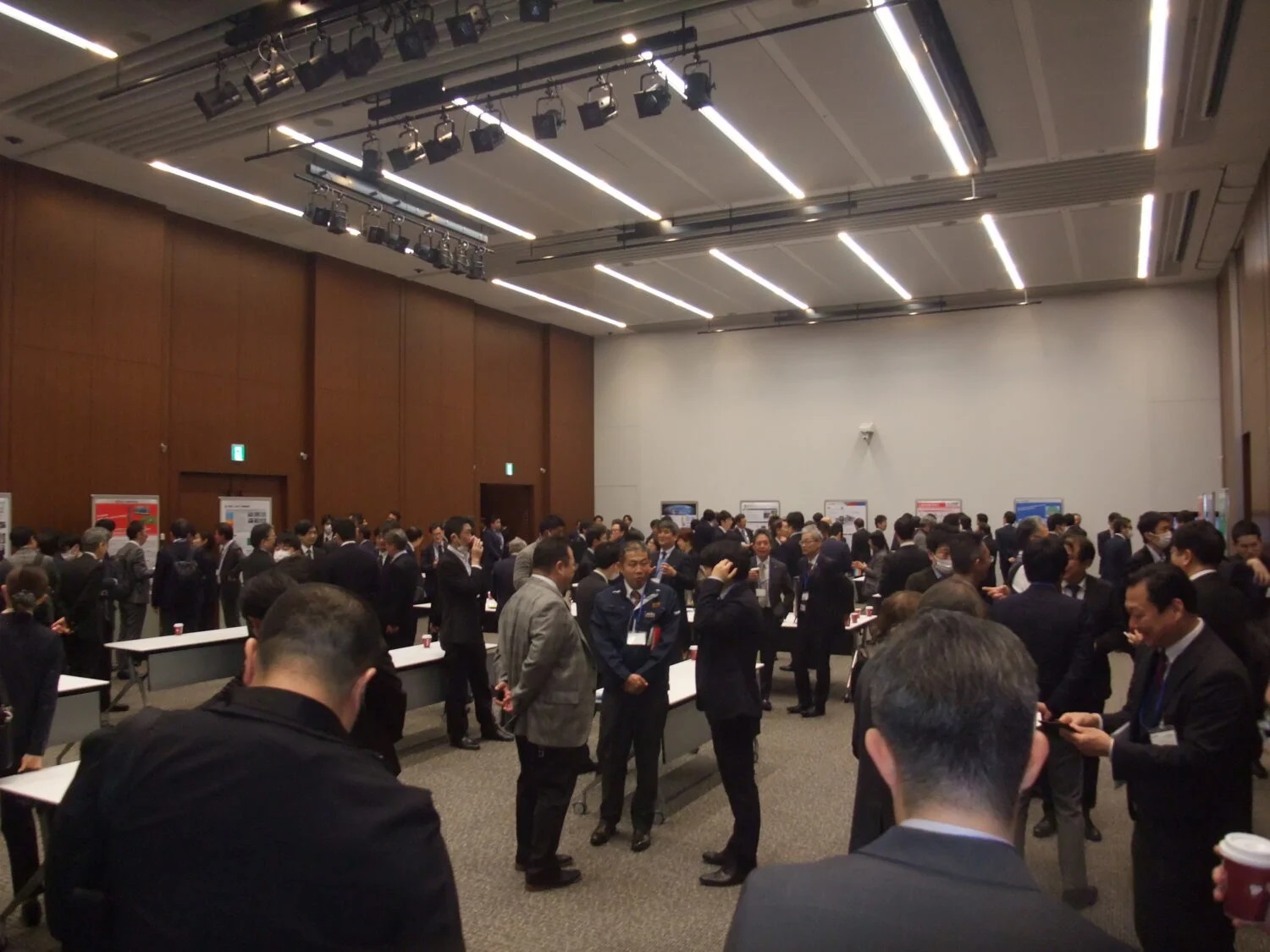

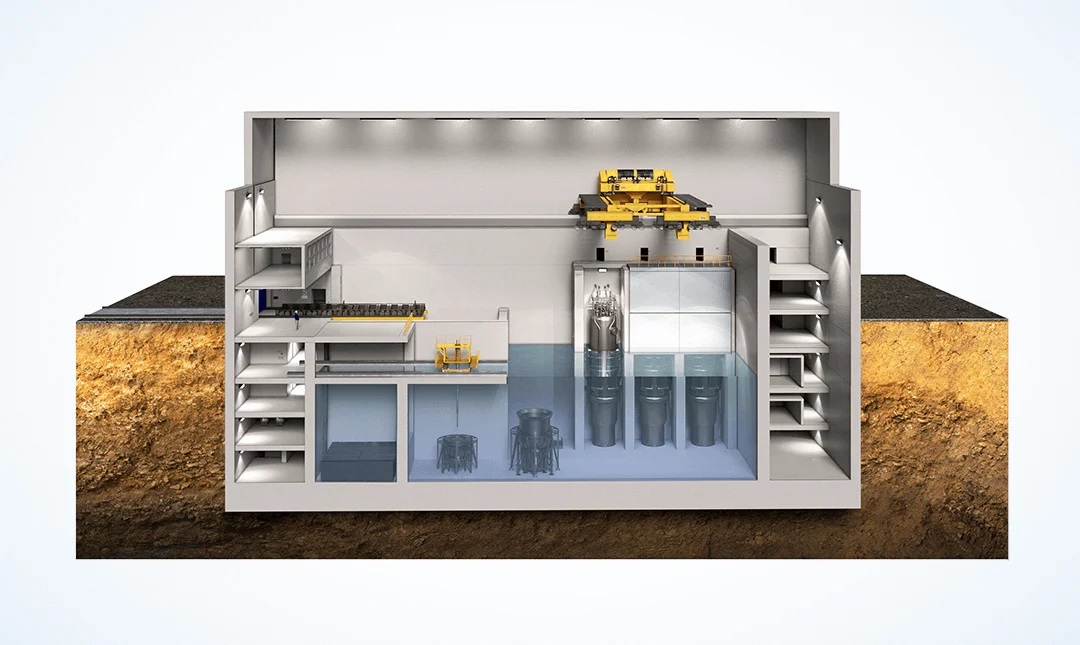
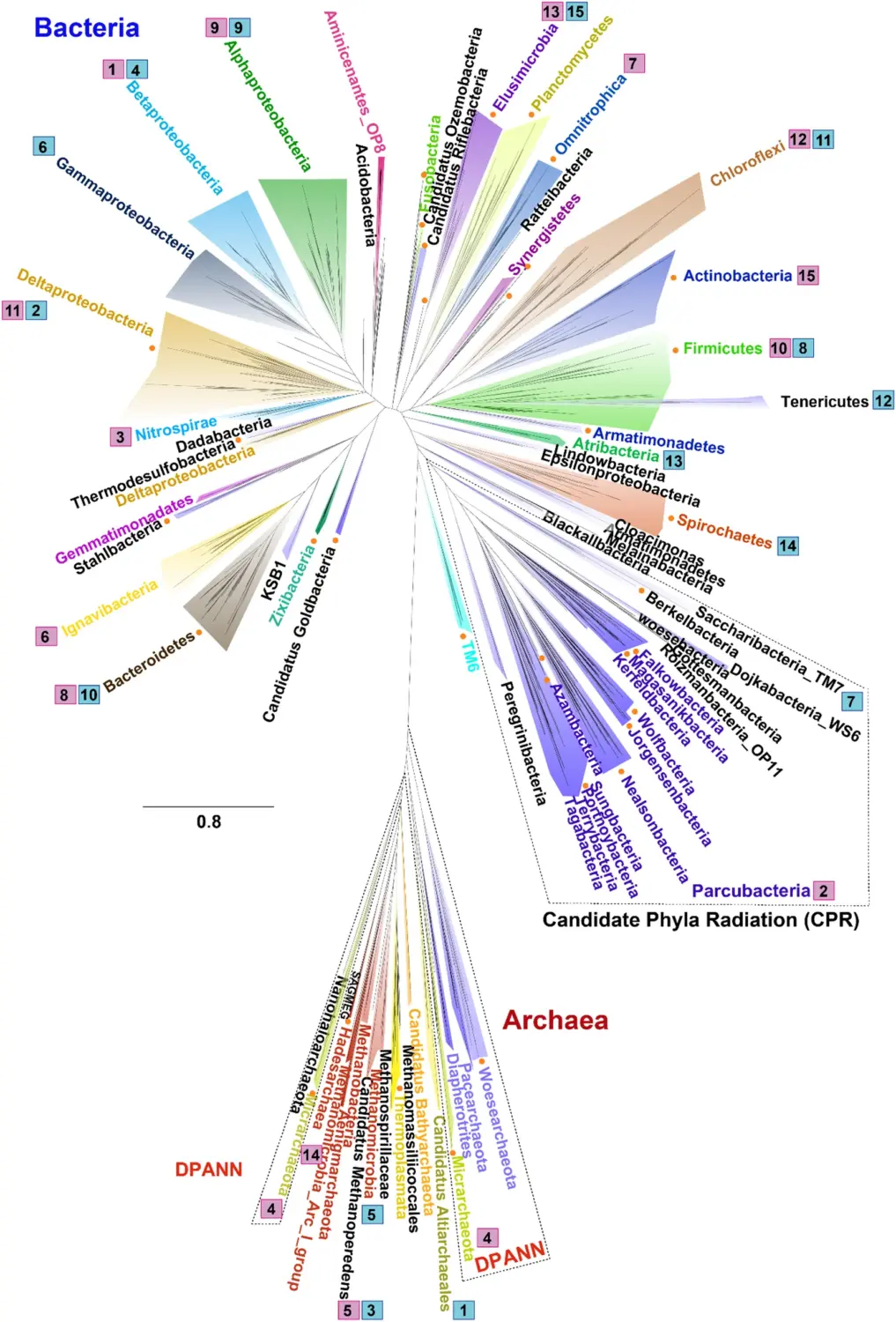
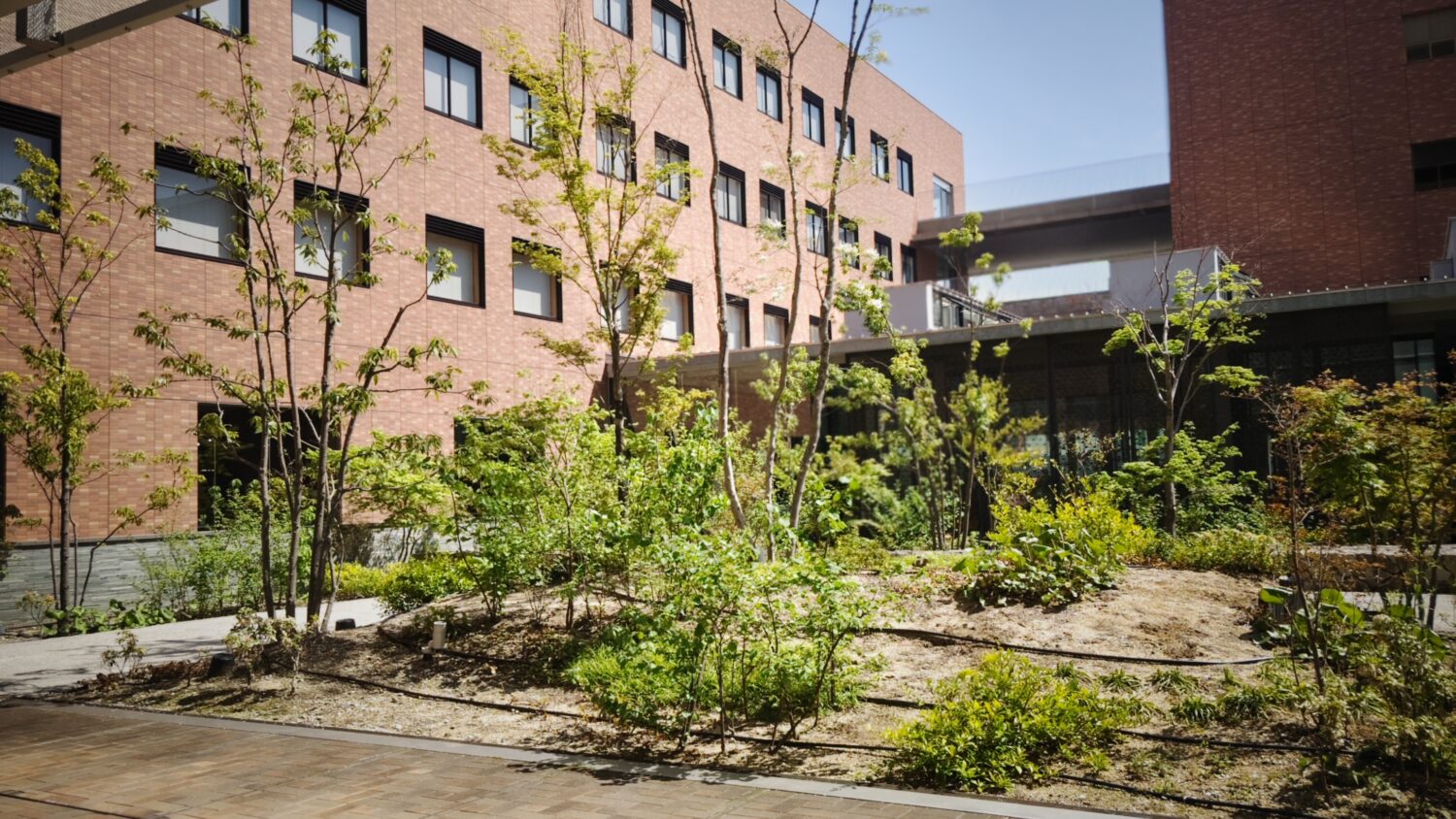


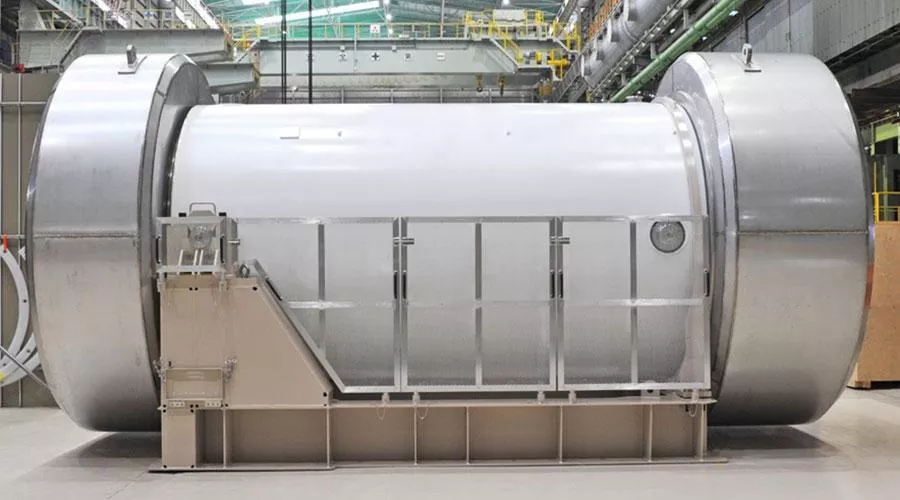
.jpg)
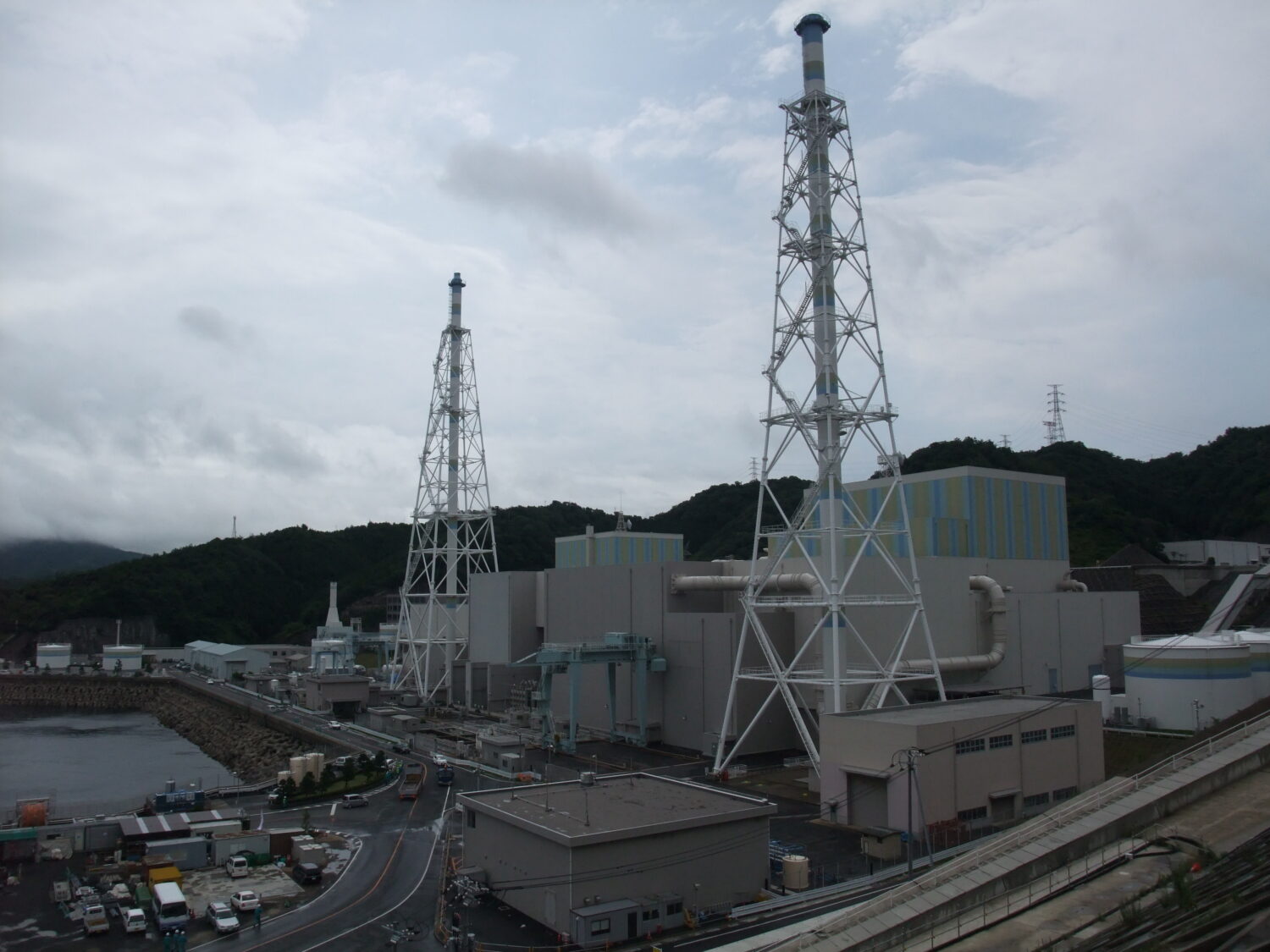
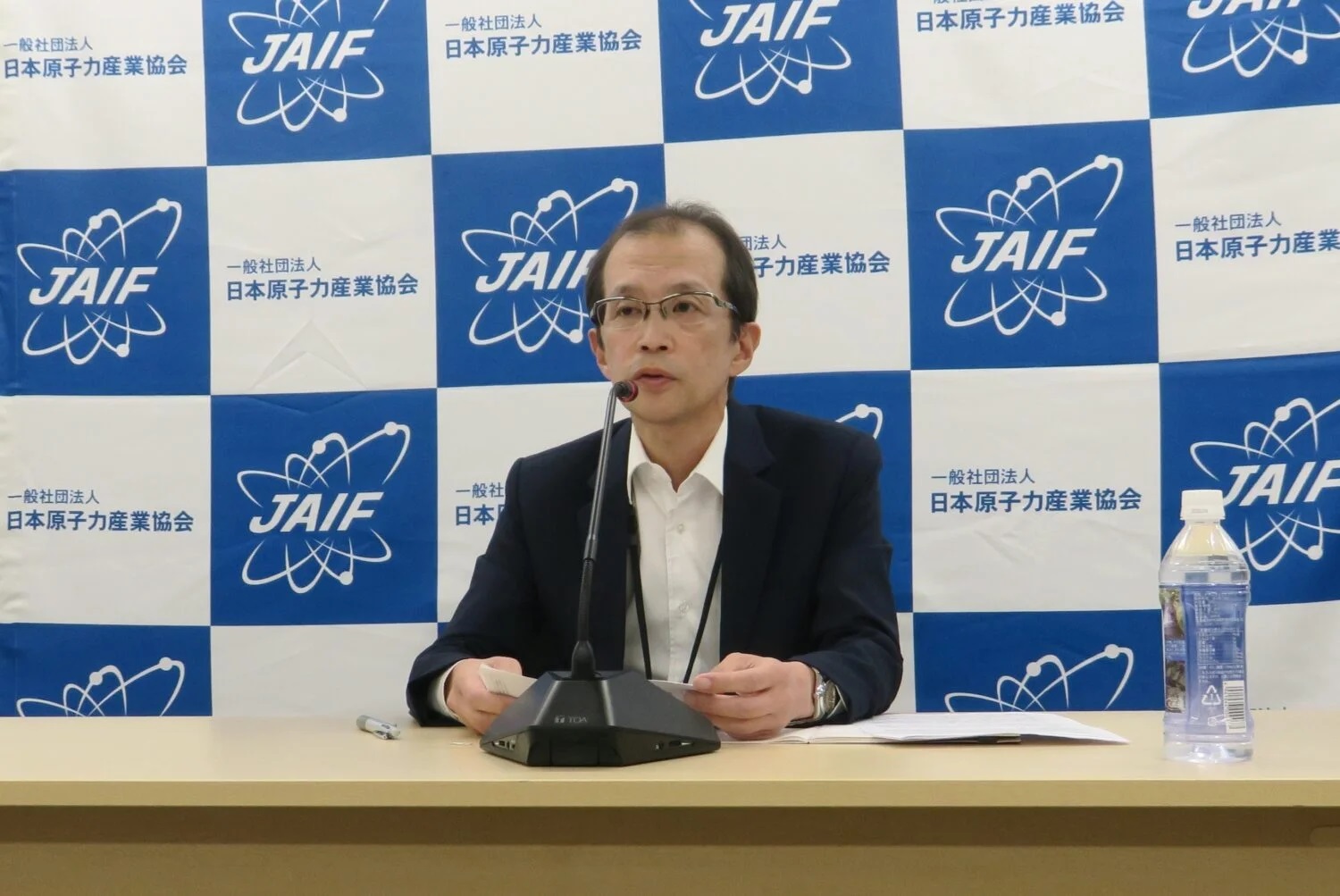
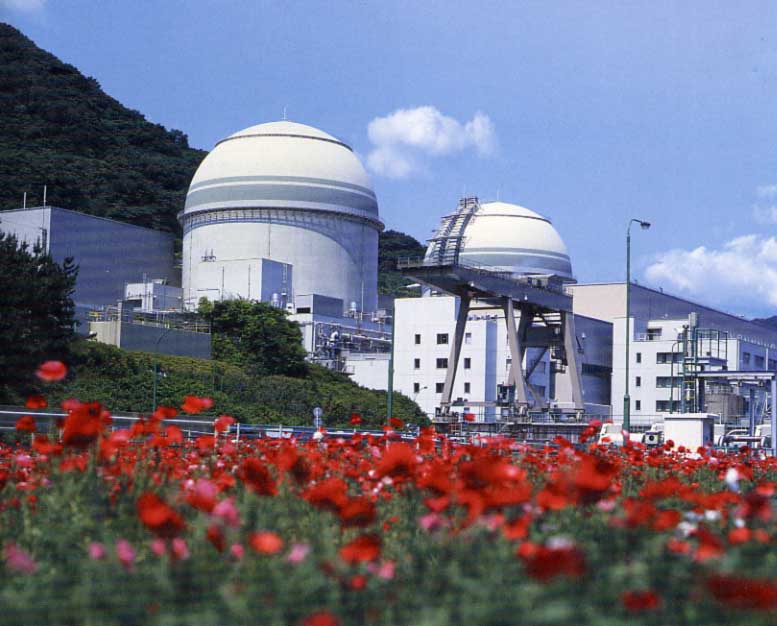
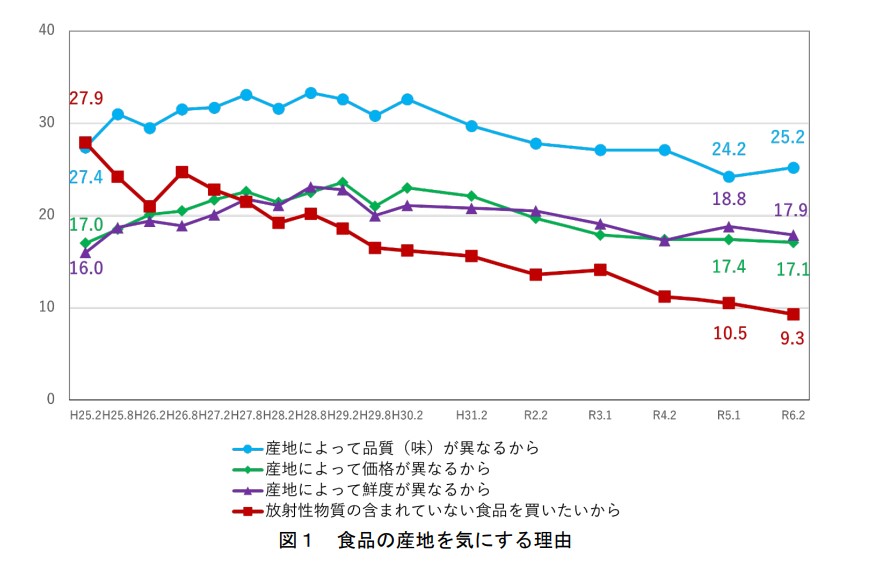
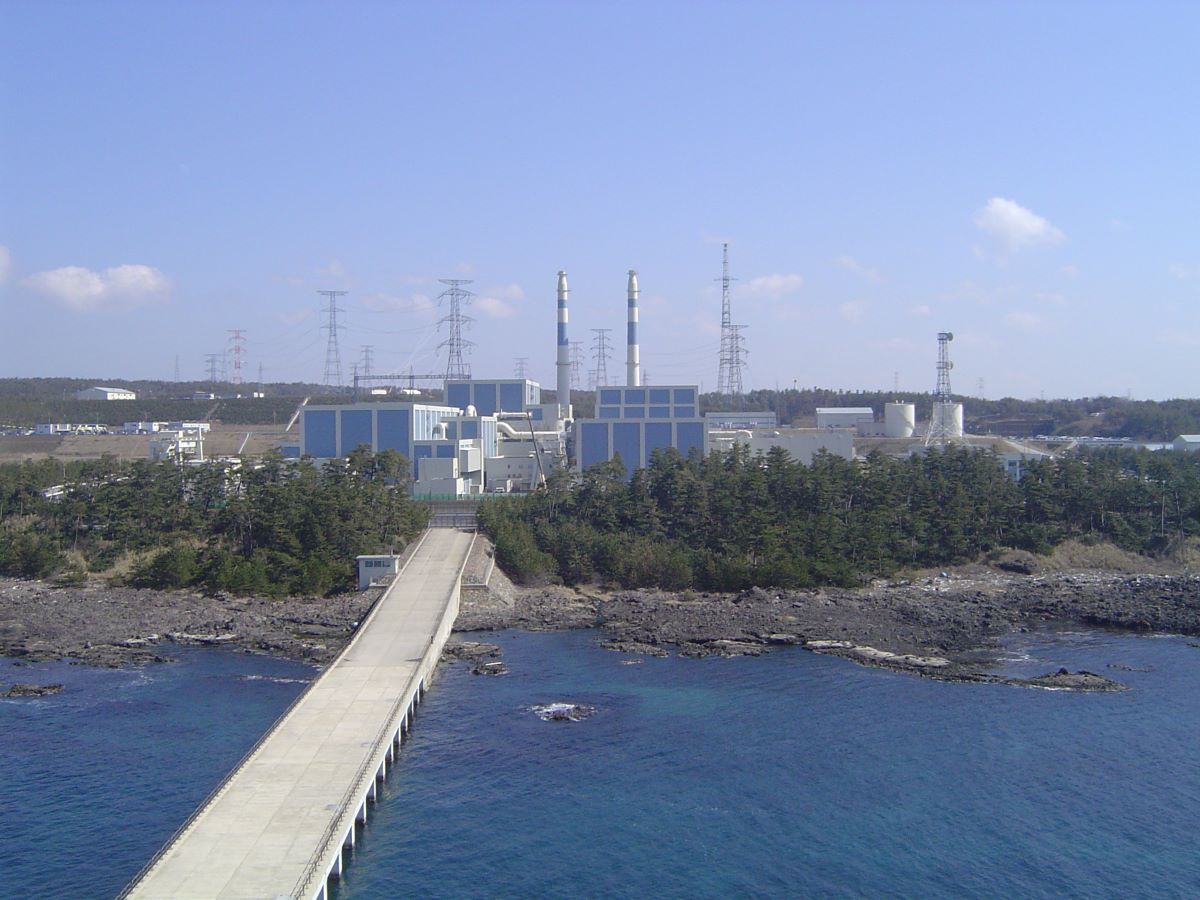
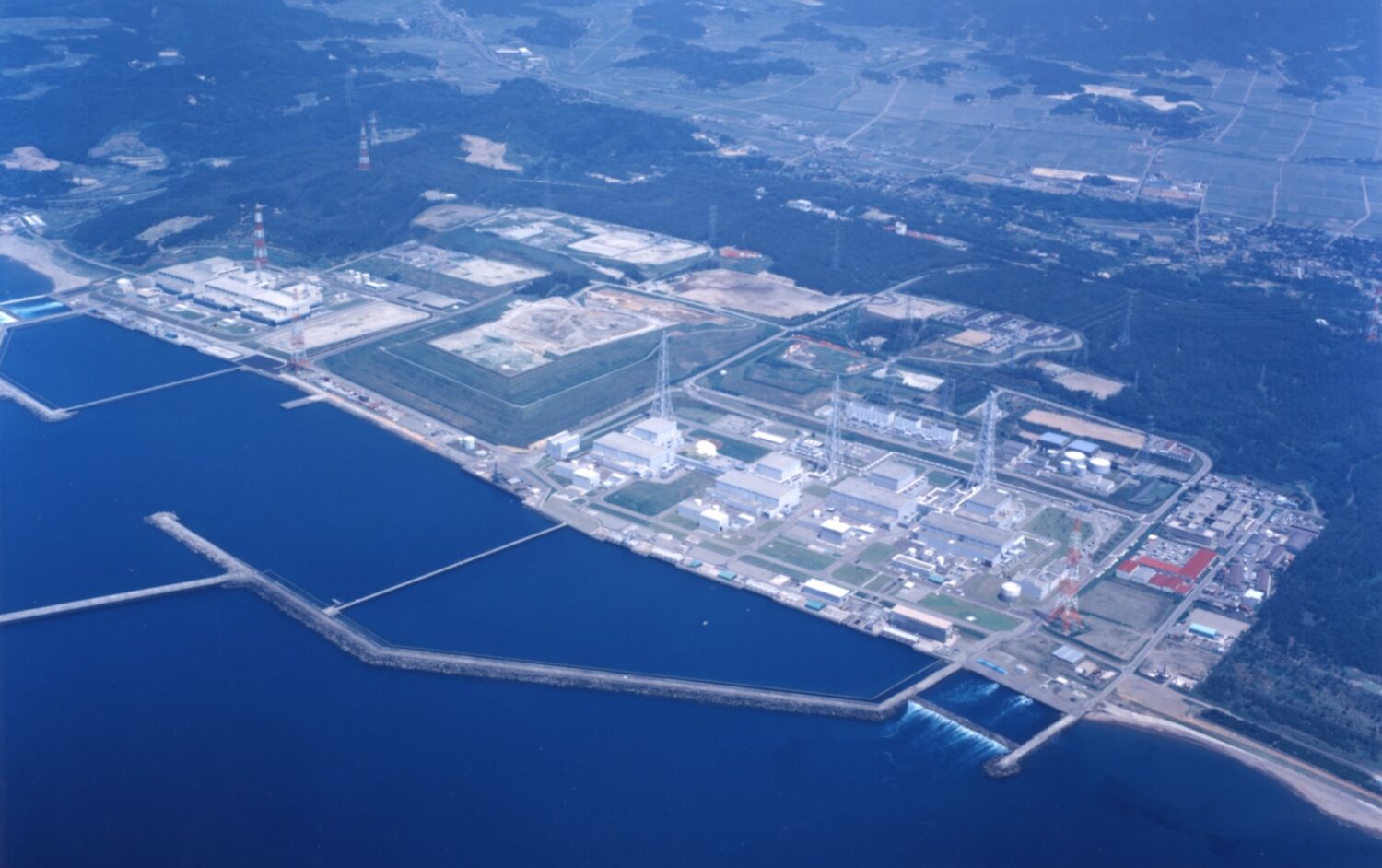
.jpg)
